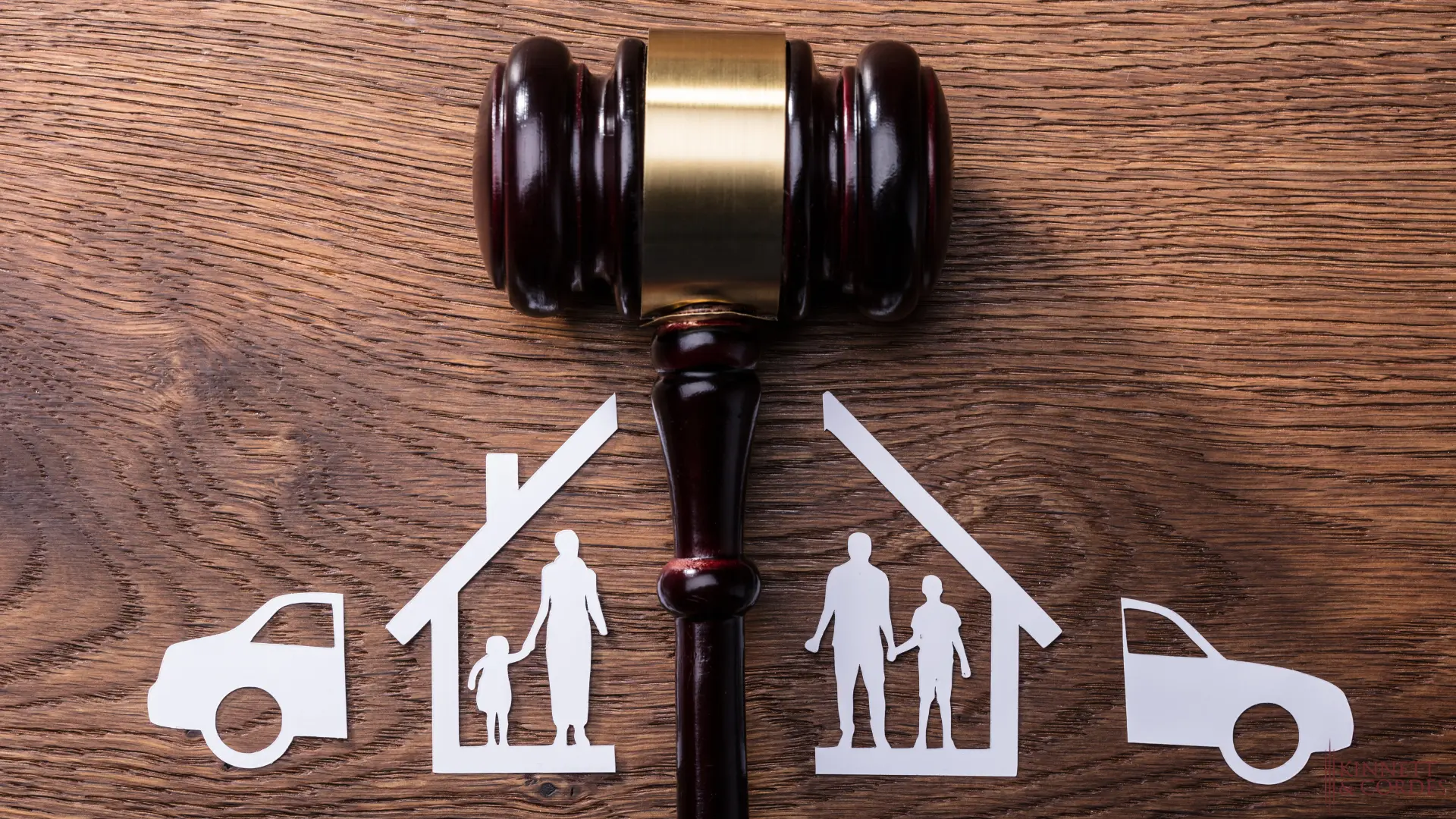Eagle County Family Law Mediation
Eagle County Family Law Mediation
Resolving family disputes through litigation can be extremely stressful. This is why some in disputes seek alternative resolution methods, like mediation, as a different way to find peace and agreement. Taking advantage of Eagle County family law mediation provides a structured and confidential process to sort out your family law disputes, such as divorce or custody. Dealing with these issues through mediation can help reduce conflict and save time.
At Kinnett & Cordes, our law firm is here to guide families through the mediation process with professionalism and care. We understand that every family has its own unique circumstances that need to be attended to, which is why we have learned how to facilitate the most productive conversations possible to reach a resolution that everyone can be satisfied with. Regardless of what family law matter is giving you trouble, we are here to support you through mediation.

What Are the Key Benefits of Mediation for Family Law Cases?
Mediation has become an increasingly popular method of resolving disputes over traditional courtroom litigation. Rather than leaving a decision in the hands of a judge, the mediation process puts control back into the hands of the clients. If they are able to reach an agreement together, those who choose mediation will not have to enter a courtroom as part of the legal process.
Some of the most compelling reasons why people choose mediation include:
- Cost-effective alternative to litigation. The cost savings that are realized through mediation are one of the most cited reasons for choosing this resolution method. This is because court battles are known to be expensive. The inability to anticipate exactly how much attorney fees, court filing costs, and expert witness expenses will amount to can make it difficult to budget.By reducing the financial burden of legal disputes, families can allocate more resources to rebuilding their lives in the courtroom.
- Faster resolution of disputes. Family law cases that enter the court system can take months or years before a final decision is reached. This can cause a lot of unnecessary prolonged stress and uncertainty.The medical process significantly speeds this up by allowing parties to work through their issues on their own schedule rather than waiting for all the other stakeholders involved in traditional litigation. Sometimes, this allows two parties to resolve their issue in weeks over months or years.
- Greater control over outcomes. During litigation, a judge is responsible for making the final decision on key issues like custody and child support. Mediation takes some of this power away from the judge and places it in the hands of the two individuals in conflict.Being able to negotiate directly with the other person in the conflict can help to create agreements that are more tailored to your circumstances rather than being subjected to a potential one-size-fits-all court ruling.
- Less emotional stress and conflict. Legal disputes involving family always have the potential to be highly emotional. It can lead court proceedings to quickly become contentious, making it harder for families to maintain a positive relationship. This can be traumatic, especially when children are involved.Mediation combats this by fostering open communication and cooperation to help both parties find common ground. This can be a valuable experience for parents who will need to co-parent.
- Confidential and private. Unlike the very public nature of making courtroom appearances that are part of a public record, mediation is completely confidential and private. This is an attractive feature to many who choose mediation, as it gives them a space to discuss sensitive family matters without outside influences or the fear of what the public may think. It allows everyone to speak openly without fear that what is said will be used later against them in court.
FAQs
Q: Is Mediation Legally Binding?
A: Final decisions made in mediation are not binding. However, any agreements that are made through mediation can become legally enforceable once they are drafted into a formal settlement and approved by the court. Once both parties agree to the terms, the mediator and attorneys will draft an agreement to submit to the judge. If the judge agrees with all the conclusions outlined, they will approve the order and officially close the case.
Q: Do I Still Need a Lawyer If I Choose Mediation?
A: While it is not legally mandated to have a lawyer if you are pursuing mediation sessions, it can still be beneficial. It’s important for an attorney to supervise any legal case from start to finish to ensure no one attempts to take advantage of your rights. If they spot any unlawful behavior, they will make you aware of it and take additional legal steps if necessary. Having them review the final document before submitting it to the court can also prevent more issues.
Q: What Happens If I Can’t Reach an Agreement in Mediation?
A: If you are unable to reach an agreement after your mediation sessions, there are still options to explore. For instance, you may be able to solve some issues and leave only the remaining disputes to be decided in court. Sometimes, another round of mediation could be of benefit as well. If mediation fails entirely, you will be forced to proceed to litigation, where a judge will oversee the final decision-making process.
Q: Can Mediation Work If We Don’t Get Along?
A: Mediation has the power to work even for high-conflict couples who struggle to get along. This is because mediators are skilled at acting as a neutral third party and keeping discussions focused on progress rather than unproductive arguments. The sessions will encourage respectful communication, which might be something the two individuals struggle to enforce on their own.
Eagle County Family Law Mediation | Law Firm – Kinnett & Cordes
While navigating Eagle Count family law matters can be challenging, no one should ever face them alone. Contact our law firm today for recommendations on what your next move should be. Whether it’s mediation or another alternative resolution method, we can assess the details of your case and guide you toward the path of least resistance while ensuring your rights are protected.
Schedule A Consultation
Fields Marked With An “*” Are Required
"*" indicates required fields



